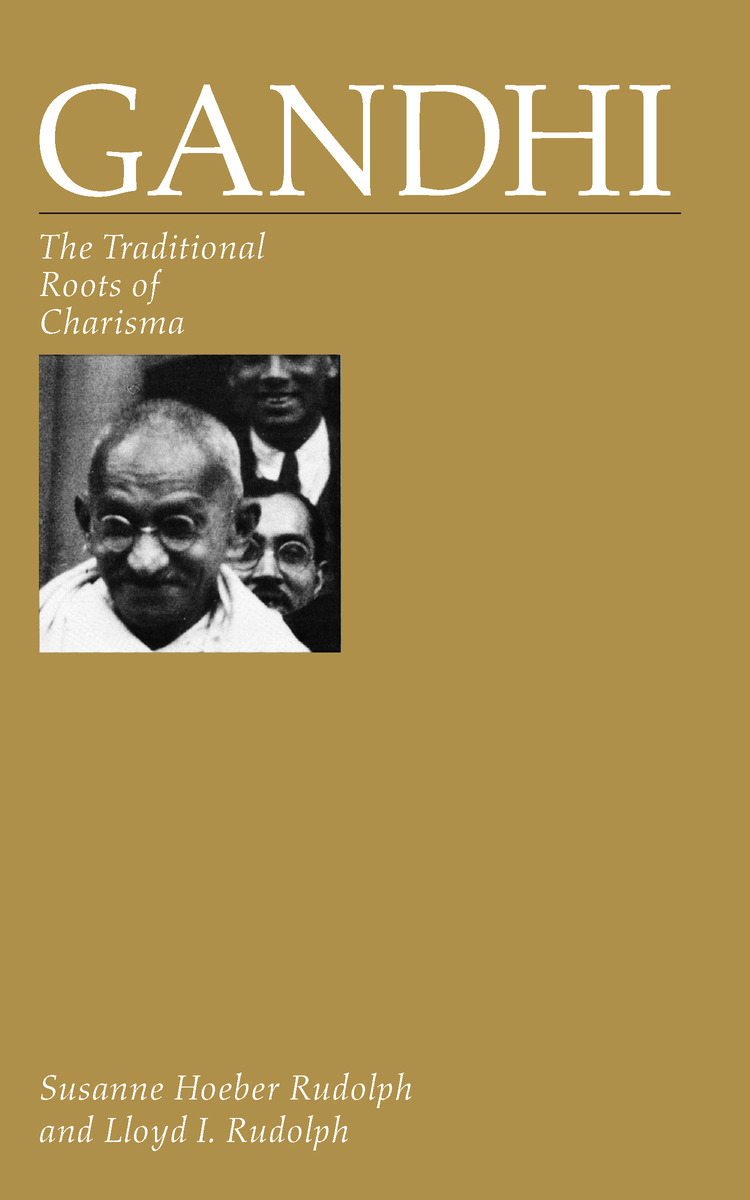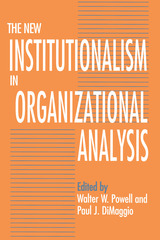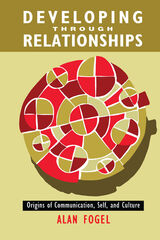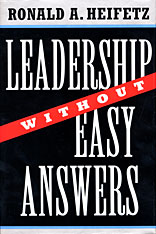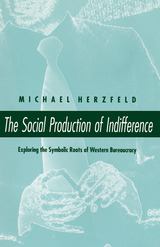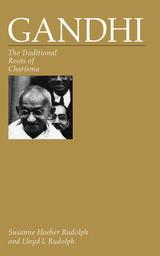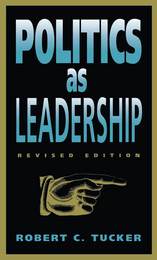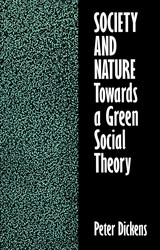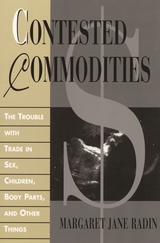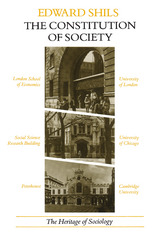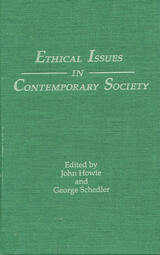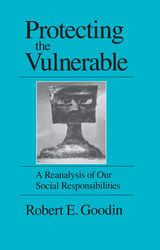Gandhi: The Traditional Roots of Charisma
University of Chicago Press, 1983
eISBN: 978-0-226-22760-3 | Paper: 978-0-226-73136-0
Library of Congress Classification HM141.R8 1983
Dewey Decimal Classification 303.34
eISBN: 978-0-226-22760-3 | Paper: 978-0-226-73136-0
Library of Congress Classification HM141.R8 1983
Dewey Decimal Classification 303.34
ABOUT THIS BOOK | TOC | REQUEST ACCESSIBLE FILE
ABOUT THIS BOOK
The Rudolphs' analysis reveals that Gandhi's charisma was deeply rooted in the aspects of Indian tradition that he interpreted for his time. They key to his political influence was his ability to realize in both his daily life and his public actions, cultural ideals that many Indians honored but could not enact themselves—ideals such as the traditional Hindu belief that a person's capacity for self-control enhances his capacity to control his environment. Appealing to shared expectations and recognitions, Gandhi was able to revitalize tradition while simultaneously breaking with some of its entrenched values, practices, and interests. One result was a self-critical, ethical, and inclusive nationalist movement that eventually led to independence.
See other books on: 1869-1948 | Courage | Gandhi, Mahatma | Leadership | Politics, Practical
See other titles from University of Chicago Press
